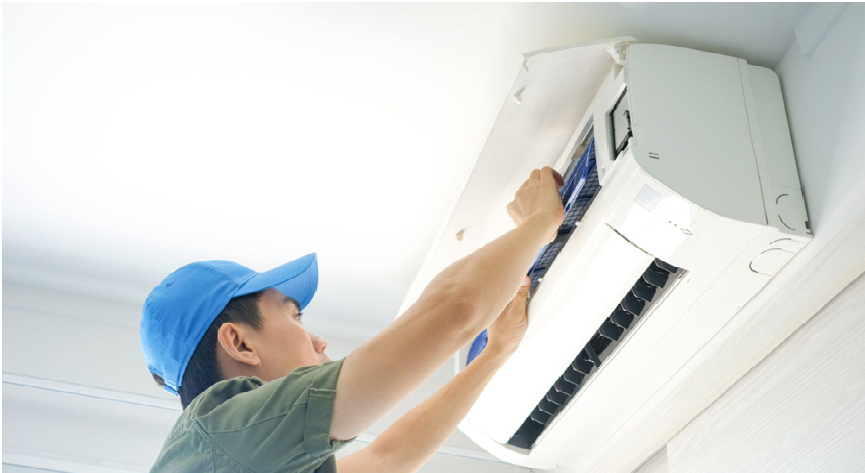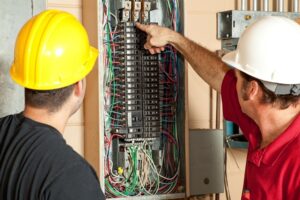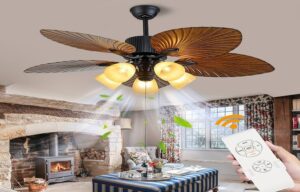Selecting the right unit for your home air conditioning installation is a crucial decision that can significantly impact comfort, energy efficiency, and indoor air quality. With various options available on the market, homeowners must consider factors such as size, efficiency, cost, and compatibility with their home’s layout and cooling needs. This guide’ll explore essential considerations to help you choose the right air conditioning system for your home, ensuring optimal comfort and performance throughout the year.
Assess Your Cooling Needs
Before choosing an air conditioning system, assess your home’s cooling needs based on factors such as square footage, layout, insulation, and climate. Homes with larger square footage or multiple levels may require more powerful cooling systems, such as central air conditioning or ductless mini-split systems, to ensure consistent comfort in every room. Additionally, consider factors such as ceiling height, sun exposure, and existing insulation levels, as these can impact cooling requirements.
Understand Different Types of Air Conditioning Systems
Air conditioning systems come in various types, each with advantages, drawbacks, and suitability for different home setups. Common types of air conditioning systems include:
- Central Air Conditioning: Ideal for larger homes with existing ductwork, central air conditioning systems distribute cooled air through ducts to each room.
- Ductless Mini-Split Systems: Suitable for homes without ductwork or specific cooling needs, ductless mini-split systems allow for independent temperature control in individual rooms or zones.
- Window Air Conditioners: Cost-effective and easy to install, window air conditioners are suitable for cooling single rooms or small apartments.
- Portable Air Conditioners: Versatile and easy to move from room to room, portable air conditioners provide temporary cooling solutions for specific areas.
Consider Energy Efficiency
Energy efficiency is critical when choosing an air conditioning system, as it impacts operating costs and environmental impact. Look for air conditioning systems with high Seasonal Energy Efficiency Ratio (SEER) ratings, which indicate greater energy efficiency and lower operating costs over time. Energy-efficient features such as programmable thermostats, variable-speed compressors, and energy-saving modes can enhance efficiency and reduce energy consumption.
Evaluate Installation Requirements
Consider the installation requirements of different air conditioning systems and determine whether they are compatible with your home’s layout and infrastructure. Central air conditioning systems require ductwork for air distribution, while ductless mini-split systems offer flexibility in installation and zoning options. Window and portable air conditioners are relatively easy to install but may not provide the same cooling efficiency as centralized or ductless systems.
Factor in Cost and Long-Term Savings
Compare the upfront costs, installation expenses, and long-term savings associated with different air conditioning systems to make an informed decision. While certain systems may have lower initial costs, they may be less energy-efficient, resulting in higher operating costs over time. Consider the total cost of ownership, including maintenance, repairs, and energy expenses, when evaluating the affordability and value of each option.
Choosing the right air conditioning system for your home requires careful consideration of factors such as cooling needs, system type, energy efficiency, installation requirements, and cost. By assessing your home’s requirements and comparing available options, you can select an air conditioning system that provides optimal comfort, efficiency, and performance while staying within your budget. Consult the pros for quality home cooling results!




